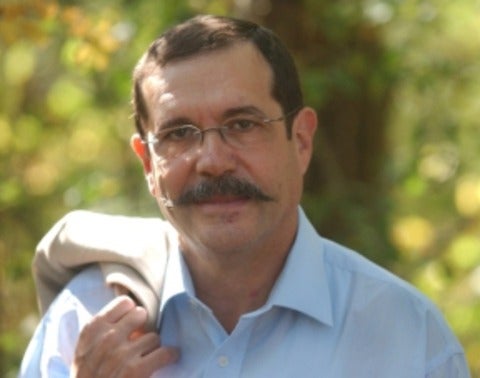Quantum Industry Lecture Series: Nathan Wiebe, Microsoft
Introducing the next installment of the Quantum Industry Lecture Series (QuILS). Nathan Wiebe, a former IQC postdoctoral fellow who is currently working at Microsoft, will talk to us about what it's like to work in research for a technological powerhouse.

 Join us for the next Quantum Frontiers Distinguished Lecture Series when Dr. Alain Aspect will talk about the weirdness of wave particle duality.
Join us for the next Quantum Frontiers Distinguished Lecture Series when Dr. Alain Aspect will talk about the weirdness of wave particle duality.